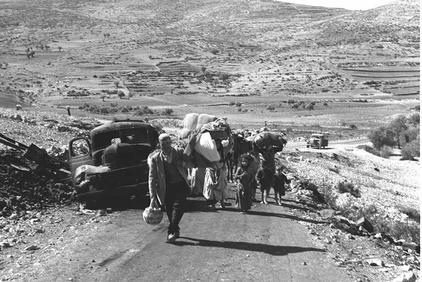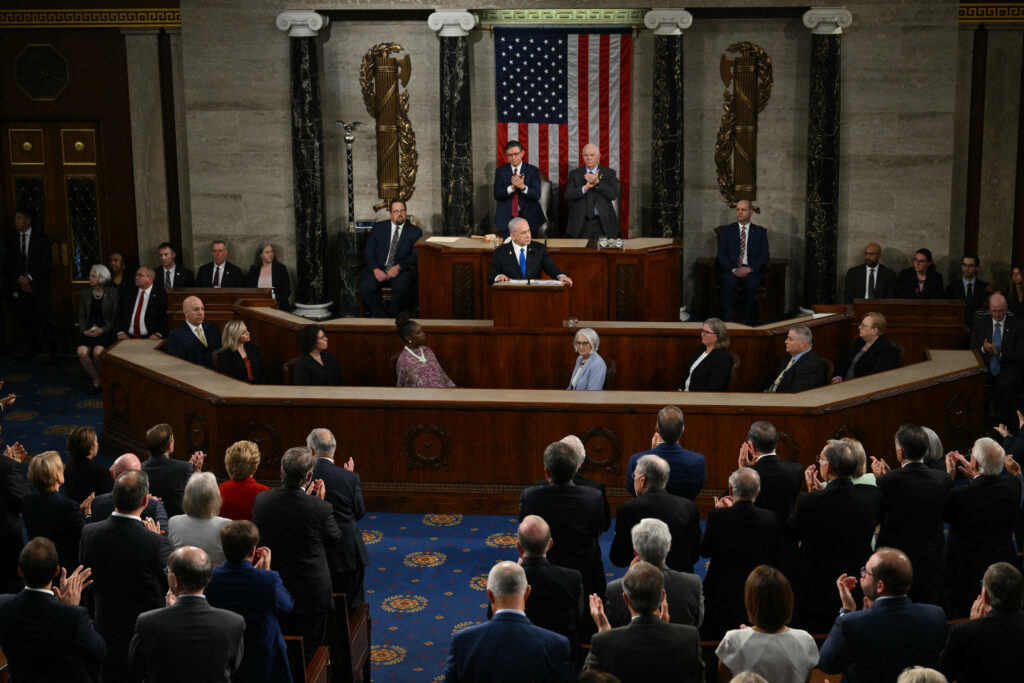Senior Research Fellow Victor Kattan writes for the Straits Times, detailing the significance of ‘Nakba’ and the challenges facing the Israel-Palestinian conflict.
Straits Times Opinion: What 1948 meant for Palestinians
- - April 30, 2018

As Israel marks the 70th anniversary of its founding, Palestinians continue to commiserate over their displacement. Here’s a look at the challenge both peoples face in the seemingly intractable conflict.
Next month (May) marks the 70th anniversary of the ‘Nakba’ when Palestinians commiserate their exodus following the creation of Israel in 1948 when thousands lost their homes.
This year, there is an additional cause for concern, as the US has said it will celebrate the opening of its embassy in Jerusalem, the day before ‘Nakba Day’ on 15 May, even though the call to move the embassy provoked widespread condemnation after US President Donald Trump announced it last December.
Bearing in mind the stalemate in peace talks, worries over the succession of Palestinian President Mahmoud Abbas, and that tens of thousands of Palestinians have been protesting in the Gaza Strip since Land Day on 30 March in the ‘Great March of Return’, there is concern that on this occasion events might get out of hand.
One matter that has not been widely addressed in articles on the Gaza protests are the reasons Palestinians protest at all.
While we hear a lot about the protests in the Gaza Strip and how Israel responds to them, there has been comparatively less debate as to why Palestinians take to the streets year after year on Nakba Day. The Land Day protests began in 1976, and Palestinians have been marking 15 May – originally ‘Palestine Day’ – throughout the Arab world since the 1950s.
There are at least three reasons Palestinians still commiserate the Nakba despite the passage of time.
Click HERE for the full article.
More in This Series
More in This Series
- Jean-Loup Samaan
- - July 11, 2024
- Aisha Al-Sarihi, Ehsan Rasoulinezhad, Jinseok Sung
- - June 20, 2024








